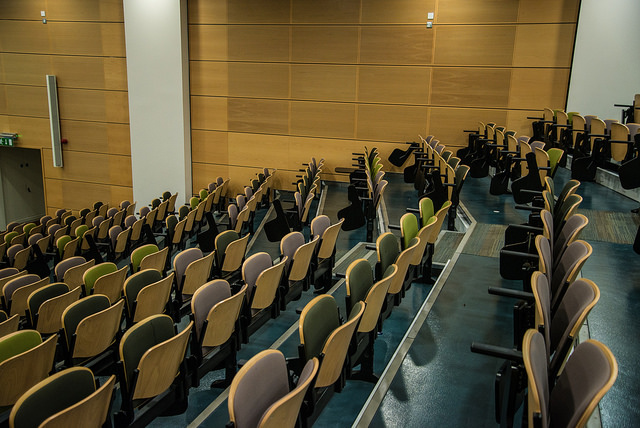In every community, there must be basic rules of interaction to ensure that no one feels misrepresented or, even worse, rejected. You may recall learning about democracy and representation in high school through cultural references such as the conch shell used by Ralph and his peers in William Golding’s classic Lord of the Flies or through Napoleon the authoritarian animal — not the French emperor (excusez-moi to my French readers) — in George Orwell’s Animal Farm. In these stories, tyranny and disorder emerge when democratic principles are abandoned. These examples were given to us by our teachers to remind us that when democracy is at risk, we, as rational members of our community, must make decisions that safeguard the interests of all.
Today, a similar moment has come for every member of the Trinity community. The recently passed motion by the TCDSU (Trinity College Dublin Students’ Union) to amend Section 1.5 of its constitution is a reminder of democracy in action — a process that allows us to collectively shape our shared values. The proposed change will be voted on in a college-wide referendum during the first three weeks of Hilary Term. The new wording states: “The Union shall pursue these objectives independent of any political party or religious organisation.”
This would replace the current Section 1.5, which reads: “The Union shall pursue these objectives independent of any political, racial or religious ideology.”
The importance of this change lies in the meaning we, as a community, attribute to the word “political”. There are strong arguments in favour of the change, but valid counterarguments that, as a democracy, we must also consider.
On the positive side, the proposed amendment reflects a progressive shift towards fostering a more inclusive and open student union, ensuring that all students, regardless of personal beliefs or backgrounds, feel equally represented. By removing the reference to “political, racial or religious ideology” and replacing it with a commitment to operate independently of “any political party or religious organisation”, the union clarifies its stance on neutrality. This change not only aligns with the principles of modern democratic governance, where impartiality and fairness are paramount, but also eliminates ambiguity around what constitutes an ideology. Such clarity prevents the Union from inadvertently excluding students based on personal beliefs, fostering a community that prioritises the collective voice over divisive affiliations.
However, it could be said that the new wording may inherently alienate some students. For instance, students who identify strongly with a political party or religious ideology may feel that their identity is being marginalised. Nevertheless, it is essential to recognise that, as members of the Trinity community, our shared identity as students should take precedence. The principle that we are all part of the same community and count equally remains unchanged, regardless of individual affiliations.
Trinity College Dublin, as a leading institution in Ireland, has long embraced the Irish identity while maintaining a global and diverse perspective. It is precisely because of this that precise wording and clear communication must prevail in every decision. This referendum is not just about words in a constitution; it is about affirming our commitment to fairness, neutrality, and inclusivity in a way that ensures every voice is heard — for better or worse.







